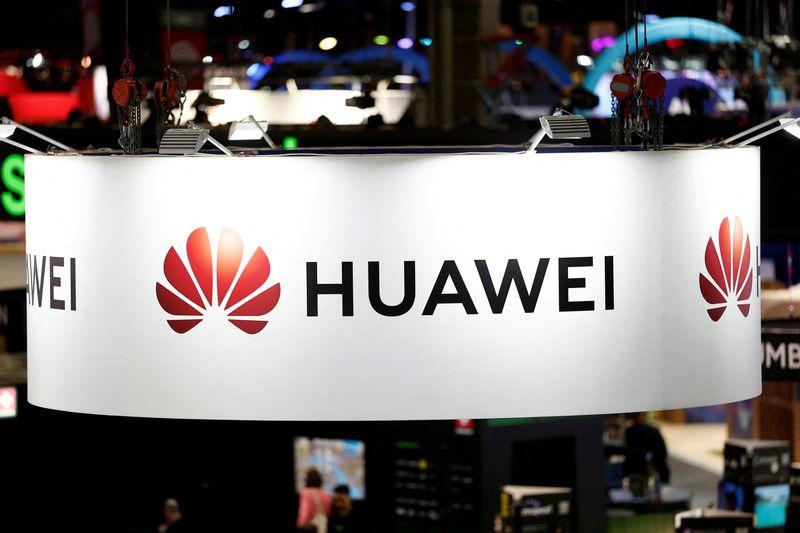Huawei's new laptop uses older China-made chip, US curbs stall SMIC, report shows

Huawei's new laptop uses older China-made chip, US curbs stall SMIC, report shows
BEIJING (Reuters) -Huawei Technologies' new MateBook Fold laptop is powered by an older-generation chip made by SMIC, highlighting how U.S. export curbs are hindering China's top foundry from advancing to next-generation semiconductor manufacturing, Canadian research firm TechInsights said on Monday.
There was widespread speculation in the industry that Huawei would use SMIC's newer 5nm-equivalent N+3 process node chip in the MateBook Fold that, according to TechInsights, marks Huawei's "most aggressive entrance into full-stack computing; chip design, OS development, and hardware integration".
However, the laptop instead features the Kirin X90 chip, built on the same 7nm N+2 process node that was first introduced in August 2023, TechInsights said in a report.
"This likely means that SMIC has not yet achieved a 5nm equivalent node that can be produced at scale," it said.
"U.S.-imposed technology controls are likely continuing to impact SMIC's ability to catch-up to current foundry leaders in more advanced nodes across chips for mobile, PCs, and cloud/AI applications," TechInsights added.
The MateBook Fold, which does not have a physical keyboard and features an 18-inch OLED double screen, was one of two new laptops Huawei launched last month. The devices are part of Huawei's broader push to build a self-reliant ecosystem amid U.S. efforts to limit its access to advanced chips.
The laptops are the first to be sold with Huawei's Harmony operating system. It has not officially disclosed the processor used, though past models have used Intel chips.
Huawei did not immediately respond to a request for comment.
Reuters reported last year that the U.S. revoked licences that had allowed companies including Intel and Qualcomm to ship chips used for laptops and handsets to Huawei.
The U.S. curbs limited SMIC's access to advanced chipmaking tools, including extreme ultraviolet lithography. China-based foundries have to now rely on less efficient multi-patterning techniques that reduce yield, the report said.
The report noted that Huawei's 7nm chip is several generations behind those used by Apple, Qualcomm, and AMD. It added that China remains at least three generations behind the global semiconductor frontier, as foundries like TSMC and Intel prepare to roll out 2nm process technology within the next 12 to 24 months.
Earlier this month, Huawei CEO Ren Zhengfei told Chinese state media that Huawei's chips were just one generation behind that of U.S. peers but the firm was finding ways to improve performance through methods such as cluster computing.
(Reporting by Che Pan and Brenda Goh; Editing by Himani Sarkar)
- News
- Mysticism
- Horoscope
- Bath & Body
- Soap Making
- Books
- Art
- Causes
- Crafts
- Dance
- Drinks
- Film
- Fitness
- Food
- Jogos
- Gardening
- Health
- Início
- Literature
- Music
- Networking
- Outro
- Party
- Religion
- Shopping
- Sports
- Theater
- Wellness
Privacy & Data Preferences
Do Not Sell or Share My Personal Data
By choosing this option, you are requesting that Sacred A to Z! does not sell or share your personal information.
Personalized Advertising
To enable personalized advertising (like interest-based ads), we may share your data with our marketing and advertising partners using cookies and other technologies. Those partners may have their own information they've collected about you.
Turning off this setting won't stop you from seeing ads, but it may make the ads you see less relevant or more repetitive.



